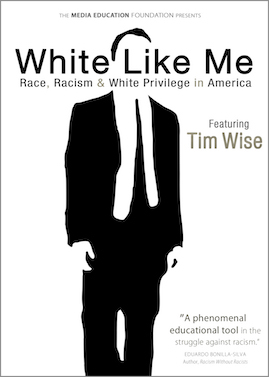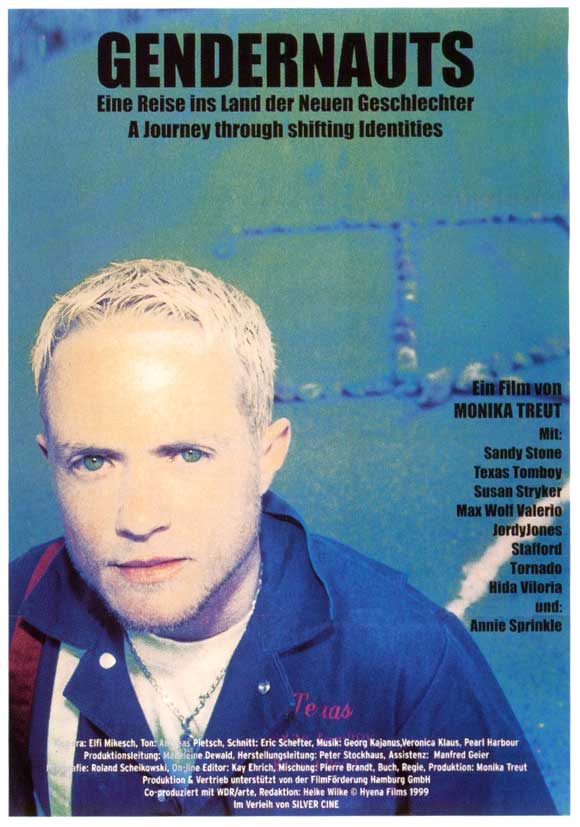The three films, Gendernauts, White Like Me, and Miss Representation portray very distinct groups, namely transgenders, white people of privilege, and women, respectively. While I believe all three documentaries served their purposes, each director chose different ways to convey their message.
Gendernauts is significantly older than the other two documentaries and almost feels one-dimensional in the sense that there were only interviews. Monika Treut compiles several first-hand accounts of transgender people and footage of Club Confidential. Many of the interviews are very informal and sometimes it feels unprofessional since some of the interviews occur in cars or just have people talk about their lives. This was also probably intentional since the main purpose of this documentary was just to help us better understand the transgender community. There were images of the people interviewed prior to their “transformation,” which personally made them seem more relatable to me.
In White Like Me, Tim Wise makes use of a lot of footage from the media both historical and from recent times. Wise tells a somewhat historical documentary by referencing racism as early as the Civil War and as recent as Obama’s election. He does a good job of providing the context of the period and what people thought of racism in general with archival news footage and the interviews included in them. The Civil War period included graphic images of soldiers with lost limbs, and Wise also added music, which further contributed to the more serious tone. I think this serious tone helped Wise towards the end of the documentary when he wanted to relieve white anxiety by bringing to light the white Americans who have been important to black equality. Lastly, throughout the documentary, Wise brings up several questions and addresses them with his own narration but also interviews of both blacks and whites to include both perspectives.
Similar to White Like Me, Miss Representation uses a lot of media, in fact, it is all about the media and how it affects how society views women. Of the multiple forms of media, whether from news archives or interviews of high school students and celebrities or popular TV shows and movies, the sheer number of testimonies by women of the struggles they face every day about their own bodies was shocking. It’s really unfortunate to see statistics about the amount of time we spend on media, especially TV commercials and magazines, and then see how these mediums of media depict such sexualized images of women.



